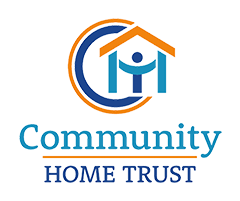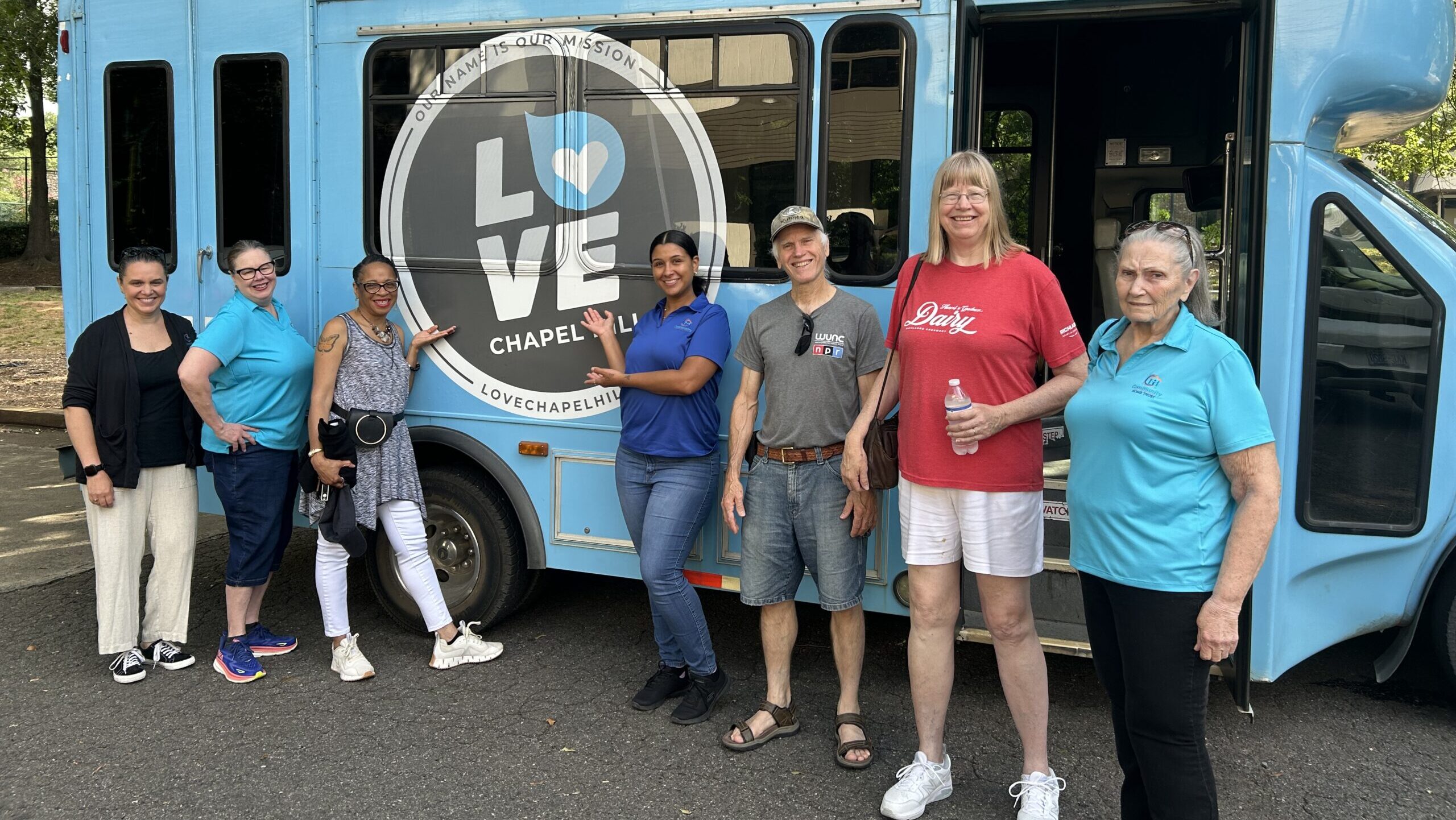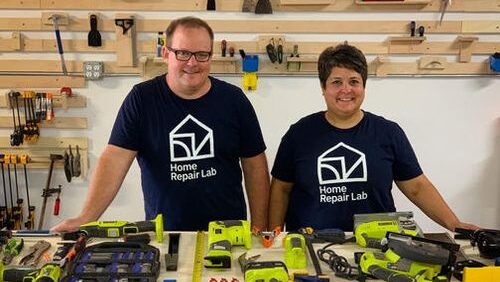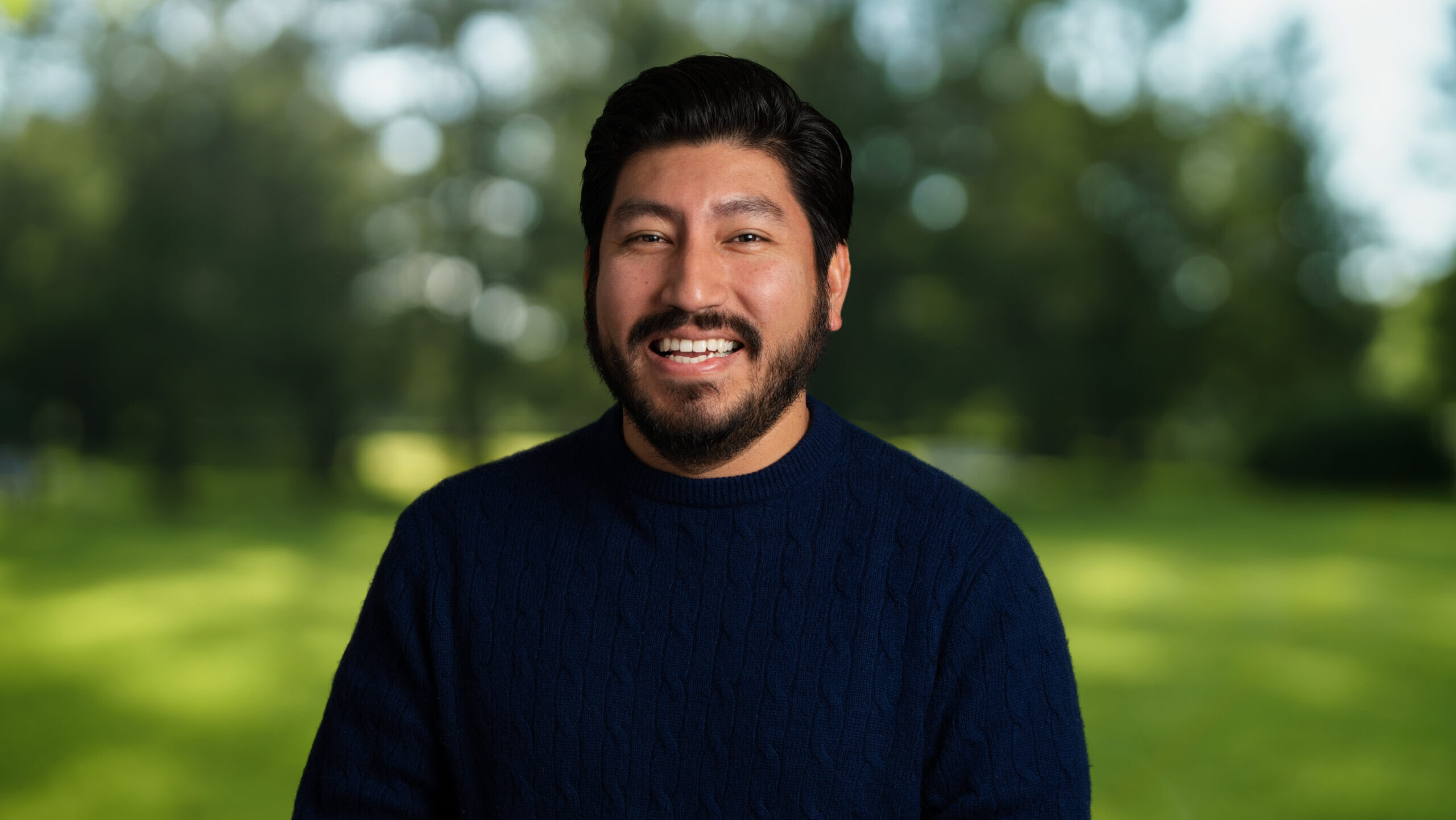It’s 2022, and People Who Should Be Able to Afford to Buy a Home Can’t
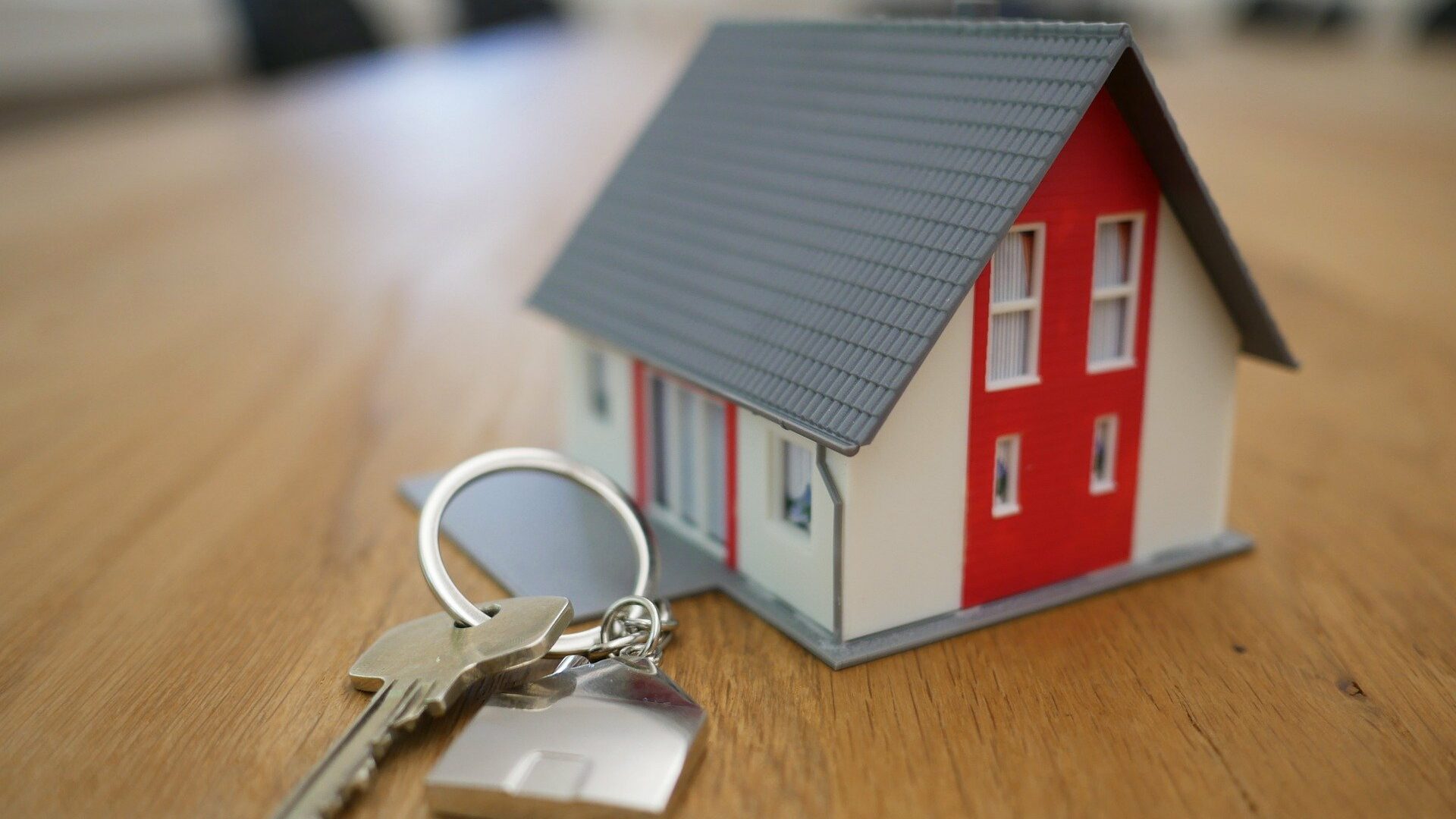
54 years ago, the Fair Housing Act was signed into law in the United States with the intention of preventing housing discrimination and giving more Americans access to safe housing. But decades later, the prospect of owning a home still feels like an unreachable goal for many. What makes first-time home ownership so difficult to achieve?
Low-Income POC Are Left Paying More
A recent study by Fannie Mae set out to analyze the barriers to entry faced by low-income and first-time homebuyers. The research exposed disparities in homebuying costs along racial and economic lines.
As Fannie Mae notes, an average of 5.2% of all homebuyers have closing costs that are greater than or equal to their down payment amount. But this average jumped up to 14.5% for low-income first-time buyers. The disparity is even higher for Black and Hispanic homebuyers, who paid closing costs greater than or equal to their down payments 21% and 19% of the time respectively, and paid higher closing costs overall than white first-time buyers.
Disabled Individuals Are Priced Out
Disabled adults experience poverty at more than twice the rate of nondisabled adults, and often find themselves “priced out” of housing at higher rates than the general population.
In nearly all US markets, monthly Supplemental Security Income (SSI) benefits cannot cover the cost of housing. According to data gathered in a recent US Census, nearly 80% of disabled individuals stated they faced difficulty in paying rent.
The Rental Trap Snares Potential Home Buyers
If you don’t own a home, there’s a good chance you rent one. But many feel trapped by their rental situations, and find the prospect of someday owning a home daunting or even impossible.
According to research conducted by the Urban Institute, 68% of renters view the cost of down payments as a significant barrier to owning a home. Over a third of them described the prospect of having to save for a down payment on a home as “very difficult.” Over 4 million people with disabilities live in households where over 50% of their income goes towards rent.
On top of that, the institute found 53% of renters worry about qualifying for a mortgage in the first place. In an effort to manage costs and avoid a life-long rental trap, some people are even turning to co-ownership as a solution.
Adjusting Our Perspective On Who The Housing Crisis Affects
As costs continue to grow and wages stagnate, these barriers to first-time homeownership will only increase. That’s why it’s so important to adjust our perspective on who our housing crisis affects.
Ongoing systemic inequities and discrimination present unique challenges to minorities, disabled people, and older adults looking to buy a home. Plus, many believe first-time homeownership is only a concern for young working families, when in reality first-time homeowners come from all walks of life. If we want to truly foster fair, safe, and affordable housing, we must first expand our view of who our housing crisis impacts. Only then can we start developing practical, inclusive solutions.
To learn more about the current state of housing in North Carolina and what Community Home Trust is doing to help, join our email list today.
